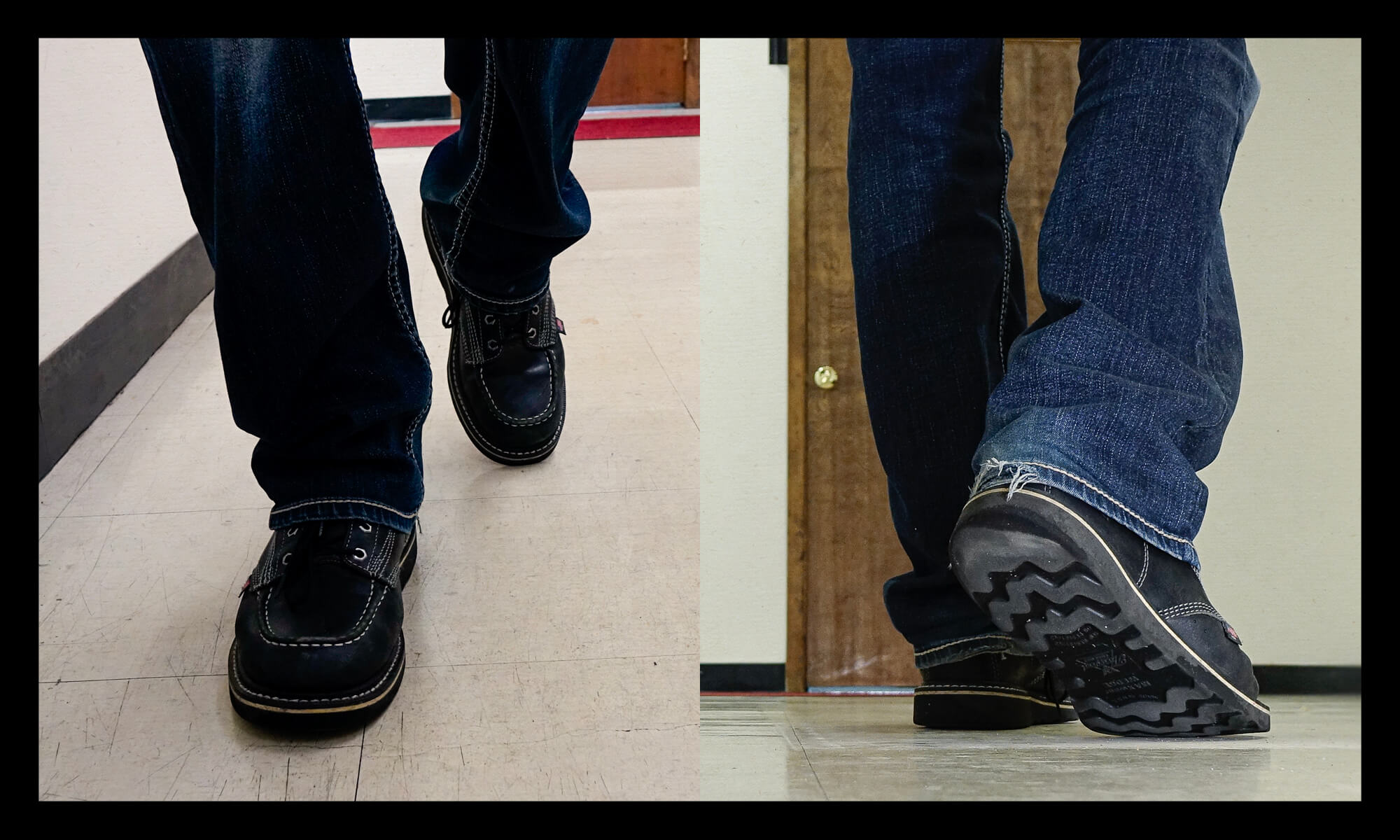Understanding the Squeak: What Causes Shoes to Make Noise?
Squeaky shoes can be more than just an annoyance; they can turn heads and lead to awkward moments. But what causes this irritating sound? Let’s break down the common culprits.
1. Material Matters: The Role of Shoe Composition
Shoes are made from various materials, including leather, synthetic fabrics, rubber, and foam. Each of these materials interacts differently, leading to squeaks. For instance, leather shoes may squeak due to moisture, while rubber soles might make noise when they rub against different flooring surfaces.
Case Study: The Leather Sneaker Dilemma
A friend of mine bought a pair of high-end leather sneakers. While they looked fabulous, they began to squeak after a couple of weeks. The noise turned out to be due to moisture trapped between the sole and the insole. After applying a waterproofing spray and allowing them to dry thoroughly, the squeaking stopped.
The Types of Squeaks: Identifying the Source
2. Heel vs. Sole: Where’s That Noise Coming From?
It’s crucial to identify whether the squeak is coming from the heel or the sole of the shoe. Typically, heel squeaks can indicate loose components or worn-out heel caps, while sole squeaks usually signal friction between the outer sole and the upper part of the shoe. Understanding this can help you target the right area for fixes.
Comparison Table: Common Squeaky Shoe Sources
| Source of Squeak | Common Causes | Potential Solutions |
|---|---|---|
| Heel | Loose heel cap, worn out | Replace heel cap, tighten components |
| Sole | Friction, moisture | Drying, lubrication |
| Insole | Misaligned or worn | Reinsert or replace insole |
Tips for Fixing Squeaky Shoes
3. Quick Fixes You Can Try at Home
Before you consider taking your squeaky shoes to a cobbler, here are a few DIY tips that might help. First, try sprinkling talcum powder or cornstarch between the insole and the shoe base to absorb moisture and reduce friction. This method can be surprisingly effective and is a quick fix.
4. When to Seek Professional Help
If the DIY methods don’t work, it may be time to consult a professional. Shoemakers can fix structural issues like loose components, misalignments, or even replace squeaky insoles. A well-maintained pair of shoes can last for years, so don’t shy away from getting expert help!

Real World Experiences: Tales of Squeaky Shoes
5. The Office Worker Dread
Many professionals have faced the embarrassment of squeaky shoes in the workplace. One colleague of mine wore sleek leather shoes that squeaked with every step, drawing unwanted attention during important meetings. He found that applying a little baby powder beneath the insole provided a temporary solution until he could visit a cobbler.
6. The Active Lifestyle Challenge
A friend who loves running experienced horrible squeaking from her running shoes. The sound was caused by water accumulation inside the shoe after a rainy jog. After cleaning and allowing them to air dry, the squeak faded. Regular maintenance can prevent such issues from escalating.
7. How Environment Influences Shoe Sounds
Another factor that can contribute to squeaky shoes is the type of flooring you’re walking on. For example, shoes may squeak on polished wooden floors or tiles due to the friction and construction of the shoe materials. If you frequently walk on such surfaces, consider investing in shoes designed specifically to minimize squeaking.

Choosing the Right Shoes: Preventing Squeaks from the Start
8. Tips for Buying Non-Squeaky Shoes
When shopping for new footwear, consider trying out shoes before purchasing. Take a few steps to test for any noise. Look for brands known for quality construction and materials, which often result in lesser squeaks. Shoes with rubber soles tend to be quieter; however, they might not serve well in wet conditions.
Product Highlights: Brands Known for Squeak-Free Shoes
- New Balance: Known for their athletic shoes, they use solid rubber soles that often reduce noise.
- Clarks: Their casual shoes frequently incorporate quality leather and construction techniques aimed at noise reduction.
- Adidas: Many of their running shoes focus on providing a quiet experience while maintaining performance.

FAQs About Squeaky Shoes
1. Why do new shoes squeak?
New shoes often squeak due to the materials not being broken in or moisture trapped inside.
2. How can I prevent my shoes from squeaking?
To prevent squeaks, choose high-quality shoes, keep them clean and dry, and apply powder to absorb moisture.
3. Should I be worried about squeaky shoes?
Not necessarily. Often, squeaks are a minor annoyance. However, they can indicate wear and improper fitting.
4. Does wearing socks help reduce squeakiness?
Wearing socks can help reduce friction, possibly minimizing the squeaks in some cases.

5. Can I fix squeaky shoes myself?
Yes, many squeaks can be addressed with DIY methods like applying powder or lubricating certain areas.
6. When should I replace my squeaky shoes?
If squeaks persist after attempted fixes or if the shoe structure is compromised, it may be time for replacements.

7. Are certain shoe types more prone to squeaking?
Yes, certain types of shoes, especially those with rubber soles or certain leathers, can be more susceptible to squeaking.
8. Can weather conditions affect shoe noise?
Yes, moisture and humidity can contribute significantly to squeaky shoes, especially in leather footwear.

9. What’s the best way to dry out wet shoes?
Remove the insoles and let them air dry at room temperature. Avoid using direct heat sources like heaters.
Conclusion: Managing the Squeak in Style
Squeaky shoes can be a frustrating experience, but understanding the root cause can help you address the issue effectively. Whether through DIY fixes or professional help, there are numerous ways to tackle the annoyance of squeaky footwear. By applying the tips shared in this article, you can help ensure your shoes remain stylish and noise-free, allowing you to walk with confidence.

Want to Learn More?
For more information on footwear maintenance and care, check out these resources: